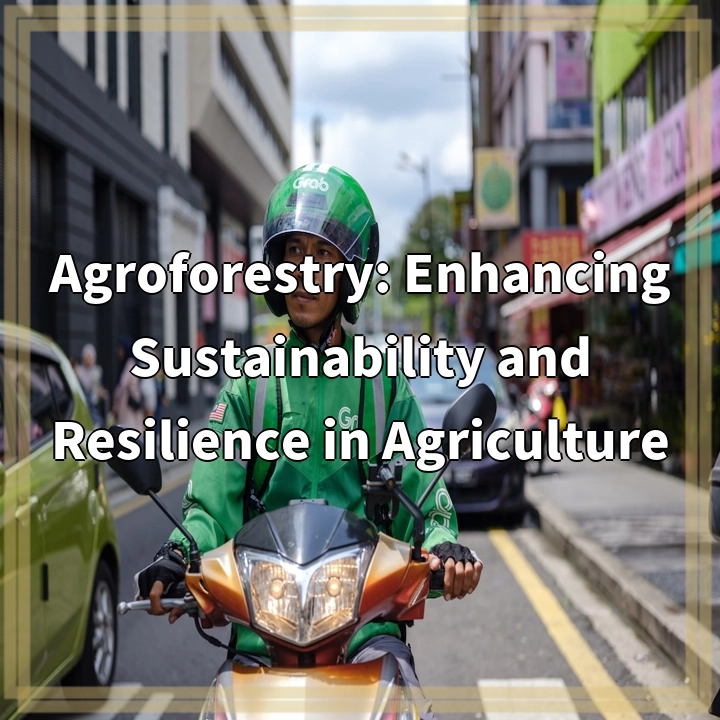
What it is:
Eco-Friendly Practices in Specialty Coffee Roasting: A Sustainable Approach
Specialty coffee roasting refers to the process of carefully selecting and roasting high-quality coffee beans to enhance their flavors and aromas. It differs from commercial coffee roasting, which focuses more on quantity rather than quality. Eco-friendly practices in specialty coffee roasting aim to reduce the environmental impact of the coffee industry and promote sustainability throughout the supply chain.
Eco-friendly practices in specialty coffee roasting include:
1. Sustainable Sourcing:
Specialty coffee roasters prioritize sourcing beans from sustainable and ethical producers. This means supporting farmers who use organic farming methods, practice fair trade, and promote biodiversity on their farms.
2. Energy Efficiency:
Roasting coffee requires a significant amount of energy. Eco-friendly coffee roasters invest in energy-efficient roasting equipment and employ techniques to minimize energy consumption during the roasting process.
3. Waste Management:
Coffee production generates various types of waste, including coffee grounds, chaff (the outer skin of coffee beans), and packaging materials. Eco-friendly roasters implement comprehensive waste management practices, such as recycling coffee grounds for compost or energy production and using sustainable packaging.
4. Carbon Footprint Reduction:
Reducing the carbon footprint of coffee roasting involves several strategies, such as using renewable energy sources, promoting local sourcing to minimize transportation emissions, and offsetting carbon emissions through tree-planting initiatives or investing in carbon-neutral projects.
Real-World Problems:
The coffee industry faces several challenges that require eco-friendly solutions:
1. Deforestation:
Coffee production often leads to deforestation as forests are cleared to make way for coffee plantations. This loss of habitat for wildlife and destruction of ecosystems contribute to biodiversity loss. Adopting sustainable practices in coffee roasting can help combat deforestation and protect natural habitats.
2. Water Pollution:
The excessive use of water during coffee processing, such as washing and fermentation, can lead to water pollution if not properly managed. Implementing eco-friendly practices like water recycling and treatment can minimize the environmental impact on local water sources.
3. Soil Degradation:
Intensive coffee farming practices, including the use of chemical fertilizers and pesticides, can lead to soil degradation and erosion. Sustainable sourcing and organic farming methods help preserve soil health and fertility, contributing to long-term sustainability.
4. Waste Generation:
The coffee industry generates large amounts of waste, including coffee grounds, chaff, and packaging materials. Without proper waste management practices, this waste can end up in landfills and contribute to pollution. Implementing recycling and composting initiatives can mitigate waste-related issues.
By adopting eco-friendly practices in specialty coffee roasting, we can contribute to a more sustainable and responsible coffee industry that values environmental stewardship and ethical farming practices.

Summary: Solutions for Eco-Friendly Specialty Coffee Roasting
Sustainable Sourcing:
Supporting farmers who use organic farming methods and promote fair trade to ensure sustainable coffee production.
Energy Efficiency:
Investing in energy-efficient roasting equipment and practices to minimize energy consumption during the coffee roasting process.
Waste Management:
Implementing comprehensive waste management practices by recycling coffee grounds, chaff, and using sustainable packaging materials.
Carbon Footprint Reduction:
Reducing the carbon footprint by utilizing renewable energy sources, promoting local sourcing, and offsetting emissions through carbon-neutral initiatives.
Addressing Deforestation:
Adopting sustainable practices to combat deforestation caused by coffee production and protect natural habitats.
Water Pollution Prevention:
Implementing water recycling and treatment techniques to reduce water pollution resulting from coffee processing.
Soil Conservation:
Promoting organic farming methods and sustainable sourcing to preserve soil health and prevent degradation.
Effective Waste Management:
Implementing recycling and composting initiatives to mitigate waste generation and reduce environmental pollution.
By implementing these solutions, specialty coffee roasters can contribute to a more sustainable and responsible coffee industry that values environmental stewardship and ethical farming practices.















